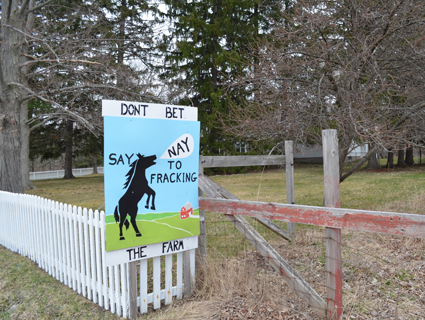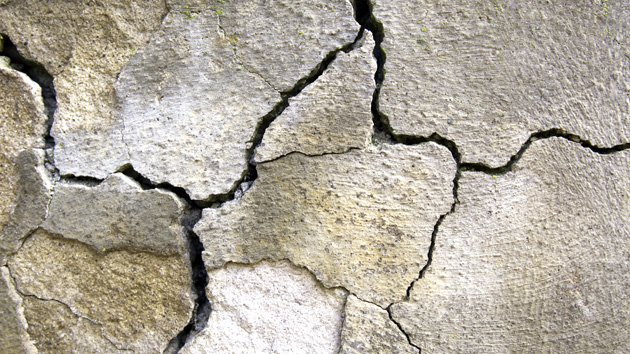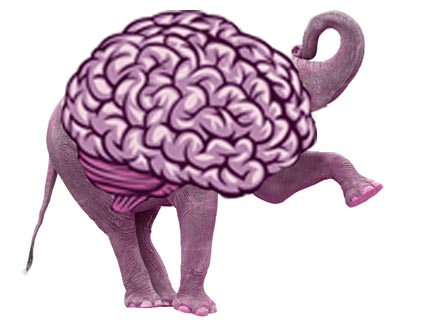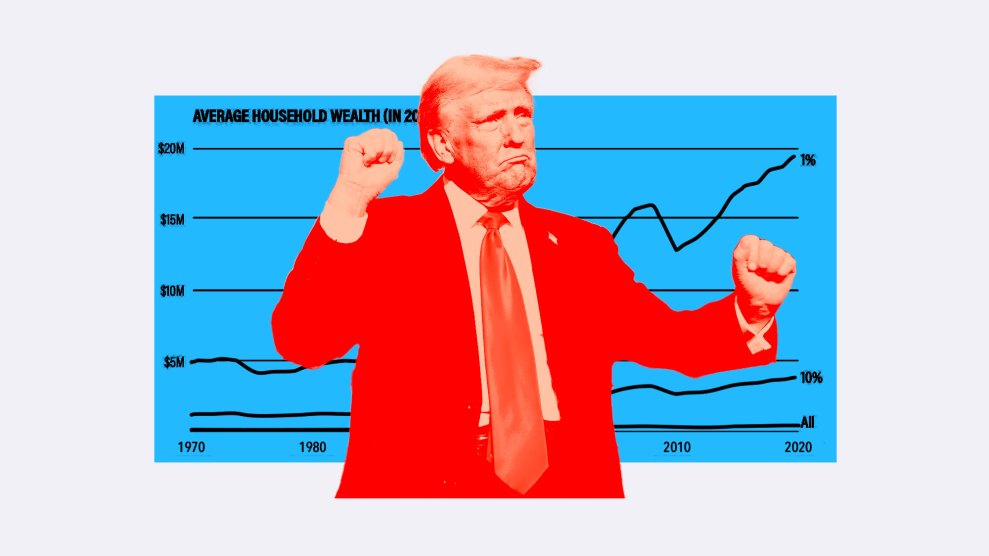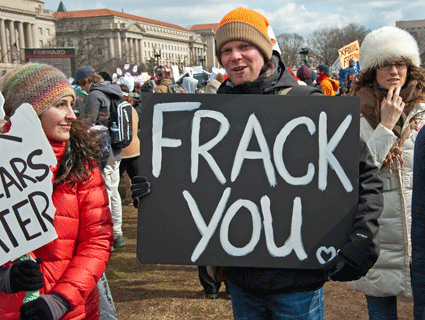
<p><a href="http://www.shutterstock.com/cat.mhtml?lang=en&search_source=search_form&search_tracking_id=RGOU9aVi-1uJ0j6tp3w59A&version=llv1&anyorall=all&safesearch=1&searchterm=fracking&search_group=&orient=&search_cat=&searchtermx=&photographer_name=&people_gender=&people_age=&people_ethnicity=&people_number=&commercial_ok=&color=&show_color_wheel=1#id=128666570&src=sRpLWO8XdQ4DWTUqXWNz-A-1-6" target="_blank">Michael G. McKinne</a>/Shutterstock</p>
The more liberals and conservatives know about science, the more they have wildly variant views about the risks of global warming, according to research by Yale’s Dan Kahan. You might call it the “smart idiot” effect—knowledge, itself, seems to make people with diametrically opposed views more sure that they’re right, and thus worsens the political fight over what is actually scientifically true.
And recent research suggests that the smart idiot effect isn’t limited to climate change—it also applies to public perception of fracking. At the center of a growing number of regional environmental disputes, fracking (short for hydraulic fracturing) refers to the process of blasting water and chemicals down wells at high pressure to crack shale layers and, in the process, release their hydrocarbon goodies.
Why is the fracking issue prime terrain for another smart idiot effect—and another extreme bifurcation of the left and the right over what is factually true and accurate?
Well, first, the issue is clearly growing in political salience—witness the recent Matt Damon film Promised Land—but still falls shy of going fully mainstream. According to a recent poll by the Yale and George Mason projects on climate change communication, less than half of Americans even have an opinion on the issue. But already, the more people know about it, the more they fall into either the “strongly support” or “strongly oppose” camp on the issue.
Indeed, if we turn back to Kahan’s research, we find that fracking shows a smart idiot effect that looks comparable to the one seen on global warming.
Here’s one figure from Kahan’s data, showing the relationship between one’s score on a general test of scientific literacy, one’s left-right political values, and one’s views on how dangerous global warming is. Note that Kahan refers to those on the left as “egalitarian communitarians” and those on the right as “hierarchical individualists,” but there is high overlap between these groups and good old “liberals” and “conservatives,” respectively:

Now, look at the same analysis when applied to the fracking issue:

Just as in the case of global warming, for people with conservative cultural values (hierarchical individualists), their conviction that fracking is just dandy for the environment increases with an increasing level of scientific literacy. But for those with liberal cultural values—egalitarian communitarians—the movement is in the opposite direction. With increasing scientific literacy, their conviction that fracking harms the environment increases. (To be sure, fracking and global warming are different in one key respect: On fracking, the science is murkier and more contested, and indeed, the Environmental Protection Agency is still trying to resolve the question of how it may affect drinking water supplies.)
In other words, the more scientifically literate you are, the more your values seem to bias you on fracking—and drive you to a diametrically opposed position from the one embraced by your political rivals.
What this means, unfortunately, is that as the fracking issue grows in prominence, people are going to be very hard to move or sway—despite the actual facts. It also means that the people who will be the hardest to sway are those who know a lot about it. The more they know, the more biased and polarized they’ll be, the more likely to double down on their beliefs. And each time some fracking-related news story rises to the level of national consciousness, each side will be ready with its “facts” and its “experts.”

